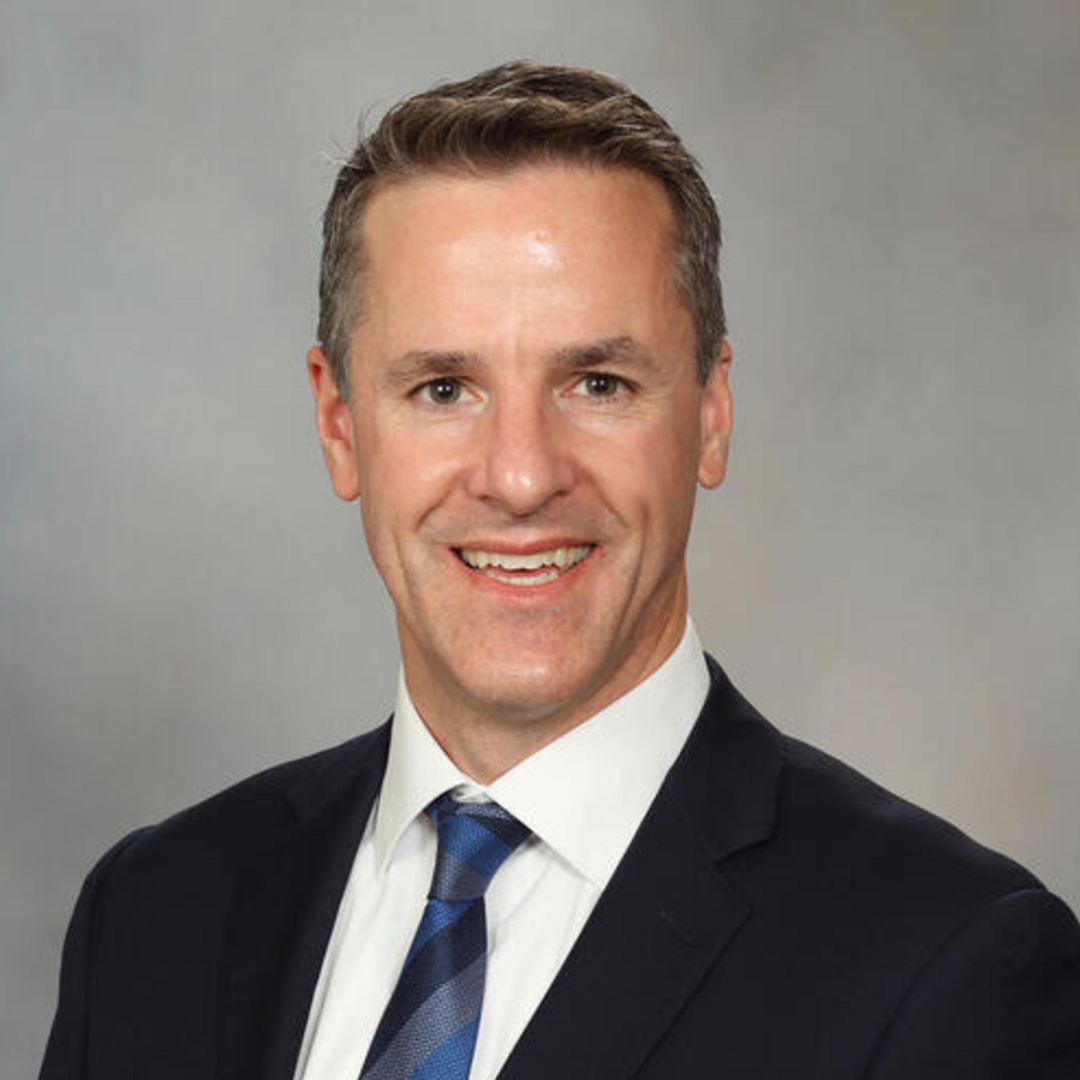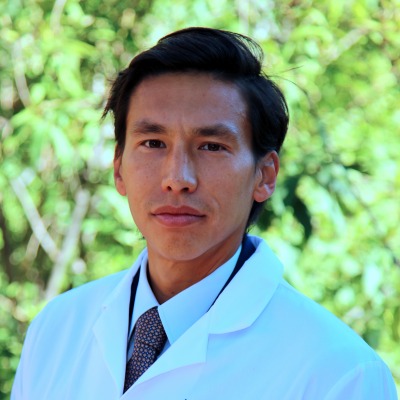
A radioactive prostate cancer therapy is a last lifeline for patients. Novartis can't make enough of it
Alfredo Najá Domingos’ prostate cancer was spreading. The malignant cells permeated his bones, kidney, lungs and liver, and in December, his oncologist told him there was no point in continuing chemotherapy treatment.
But there was a new treatment he could try: a targeted radiotherapy called Pluvicto — if he could get it in time. Both Moffitt Cancer Center and Mayo Clinic in Florida, not too far from Domingos and his family, said he would have to wait between three and a half and four months to get the treatment. His wife, Nora Flor, said she and her sister made calls to at least 30 centers across the US looking for the drug.
“I was in a state of desperation,” Domingos said.

All of the news, delivered with full-text to your inbox. For professionals discovering, developing, and marketing biopharmaceutical drugs.
Patients like Domingos have faced months-long waits for Pluvicto, delaying or eliminating a last lifeline, according to doctors. The supply crunch has become so acute that Novartis on Sunday suspended new patient starts for the drug, a spokesperson confirmed to Endpoints News yesterday. It’s the latest twist in the ongoing shortage that has left patients and doctors grappling with what to do next.
Going mainstream
Last March, the FDA approved Pluvicto for patients with late-stage prostate cancer who’ve already tried both chemotherapy and hormone blockers. But as Novartis was ramping up Pluvicto’s launch, the drugmaker ran into manufacturing issues that have delayed distribution and resulted in on-again, off-again supply.
The ongoing shortage highlights the tall order of supplying a drug with a radioactive isotope that gives it a shelf life of mere days, making it impossible to stockpile.
Pluvicto is an early test case in the bid to mainstream targeted radiotherapies that direct radiation at cancer cells, while sparing the surrounding tissue from side effects. Radiotherapies have been studied since the 1980s, and several have won approval but reached limited patient populations. Novartis believes that Pluvicto could finally gain wider use, and that the drug could reach at least $2 billion in peak sales, which would make it the first blockbuster targeted radiotherapy.
Targeted radiotherapies, also known as radioligand therapies, attach a radioactive isotope to a homing drug which seeks out a specific cancer cell marker, sending radiation directly to tumor cells. In Pluvicto’s case, that marker is an antigen known as PSMA, which over 80% of prostate cancers have.
For Pluvicto, patients have had to wait several weeks to a few months to start the drug — though the timeframe fluctuates often and unpredictably, doctors said, depending on when Novartis releases new doses of the drug. And now, new patients won’t be able to get the drug as Novartis continues to grapple with its Pluvicto shortage. “Patients who are currently in our scheduling system and awaiting their first doses will need to be rescheduled,” said the company in a statement.
At the Mayo Clinic in Rochester, MN, for instance, which is a major treatment center for Pluvicto, 30 new patients will be impacted.
 Geoff Johnson
Geoff Johnson“In the last five weeks there has been a significant increase in the frequency of supply disruptions and now a more severe shortage,” Mayo Clinic’s nuclear medicine chair Geoff Johnson said. He noted that more than 100 patients at Mayo Clinic have had their doses delayed in that timeframe.
At Tulane University in New Orleans, the wait was two to three months before Novartis stopped new patient starts on Sunday. “That, to me, is an unacceptably long delay, and it would be far more preferable to be able to start those treatments within one to two weeks, not two months,” said Tulane Cancer Center’s medical director Oliver Sartor, who led the clinical trial that landed Pluvicto’s approval.
Now, he says he doesn’t know how long new patients will have to wait.
Clinical trials showed that Pluvicto extended the lives of late-stage prostate cancer patients by a median of 15 months — four months longer than standard of care. For these patients, a few months is precious time.
 Oliver Sartor
Oliver SartorSartor said that because of long waits for Pluvicto, he gives some patients a different chemotherapy or enrolls them in clinical trials for other targeted radiotherapies, including an early-stage study of an actinium-225 antibody developed by Johnson & Johnson.
Likewise, Johnson said doctors at the Mayo Clinic will refer some patients to other treatments because Pluvicto isn’t readily available. The 30 patients waiting at Mayo Clinic, he said, are those who really have no other options.
In Domingos’ case, his oncologist said if he couldn’t get Pluvicto, he would have to start a different chemotherapy to attempt to stop his cancer from spreading.
Problems in New Jersey
In May, Novartis shut down its two manufacturing plants because of quality issues. Two months later, commercial Pluvicto production was running at its Italian site, but the pharma company’s New Jersey site, which makes another Novartis radiotherapy and Pluvicto for clinical trials and Canada, is still not approved to make Pluvicto commercially for the US.
In 2021, the New Jersey site was previously cited for quality control issues after an FDA inspection.
Novartis, which has not provided details on the manufacturing issues that caused the plant closure, filed for accelerated approval for commercial production at its New Jersey site. The company’s statement said that it’s waiting for more FDA clarity.
Pluvicto doses for US patients have five days to be shipped from Italy, pass an FDA inspection, and then reach a cancer center. Things like the weather can delay doses from being shipped for one to two days, making them no longer usable and resulting in patients getting rescheduled.
 Vas Narasimhan
Vas NarasimhanNovartis is supplying 200 of 500 possible centers in the US and hopes to fire up commercial production at its New Jersey site by the middle of this year, Novartis CEO Vas Narasimhan said during an investor call in February.
“I think from a demand standpoint, I would say our initial estimate of the vision population has underestimated the potential of this population, and the demand would suggest to us that there are a greater number of patients and providers interested in this medicine,” Narasimhan said during the call.
Demand is only expected to grow. Later this year, Novartis plans to file for FDA approval for use of Pluvicto in an earlier line of treatment before chemotherapy. While Novartis has yet to release the full data from the trial, doctors and analysts said they generally expect the drug to get approved in the earlier setting, which could bring the number of patients eligible for the drug to 42,000, nearly doubling the current patient population in the US, according to Novartis’ estimate, though experts said it could be more.
In an interview Friday, Novartis’ US pharma chief Victor Bulto declined to comment on how many doses Novartis can currently produce.
Novartis is building a new manufacturing facility in Indianapolis, which it hopes to open by the end of the year, and another one in Spain to expand capacity in Europe. With four facilities, Narasimhan said Novartis hopes to deliver over 250,000 doses a year by 2024. If Novartis can follow through, experts say the amount would meet increased patient demand and resolve wait times.
 Jeremie Calais
Jeremie CalaisThe wholesale price of one dose is $42,500, but through insurance or Medicare coverage, patients can pay less.
Jeremie Calais, who directs UCLA’s theranostics clinical research, described the delays as a “beginner’s struggle,” and said he hopes that they won’t cause the drug to follow the same path as previous radiopharmaceuticals like Bexxar, a lymphoma drug which was discontinued by GSK in 2014 as it never made it big commercially.
“As I think of ramifications for the field — if Novartis can have problems, then so can you,” Sartor said. “And I think it is just a warning that supply chains need to be taken extremely seriously.”
Other options
Another route by which the supply crunch could be fixed is competition, which could take a little while.
Diagnostics company Lantheus licensed from Point Biopharma a similar prostate cancer radiotherapy that’s currently in Phase III studies for the same pre-chemotherapy patient population as Novartis’ expansion bid.
“It all comes down to the supply chain,” Point’s CEO Joe McCann said of succeeding in the field. If all goes as planned, Point’s drug could make it onto the market by early 2025.
Experts said having multiple options will provide much-needed backup in the supply chain. Yet other targeted radiotherapies in development could be harder to scale because they use isotopes that are very rare or have even shorter half-lives. “Another way to put it is the science is getting ahead of the supply chain,” Mayo Clinic’s Johnson said.
The Mayo Clinic co-founded a company called Nucleus RadioPharma to improve the manufacturing and supply chain of radiopharmaceuticals, and Johnson serves as chief scientific advisor. Fixes to the supply chain, he said, start with creating redundancies and focusing more on the end user, such as hospitals and physicians treating patients.
In January, Domingos’ oncologist finally found available doses at a new theranostics center, which specializes in these sorts of targeted radiotherapy treatments, in Jupiter, FL, about an hour away from where the family lives. The center, Florida Theranostics, had opened just before Christmas.
“I was crying. We were all crying,” Domingos said. “[We were] emotionally so excited.”
Domingos got his first dose of Pluvicto later that month, and then had to live in an AirBnB for three days, since he was “pretty much radioactive” from the drug, he said. But for now, other new patients will have to wait.